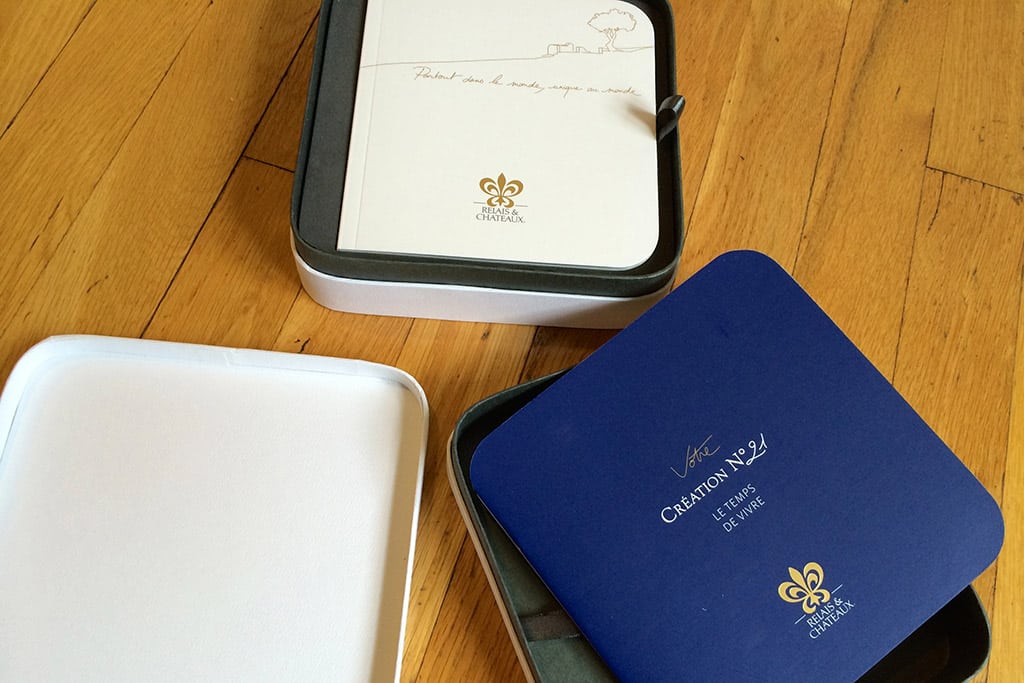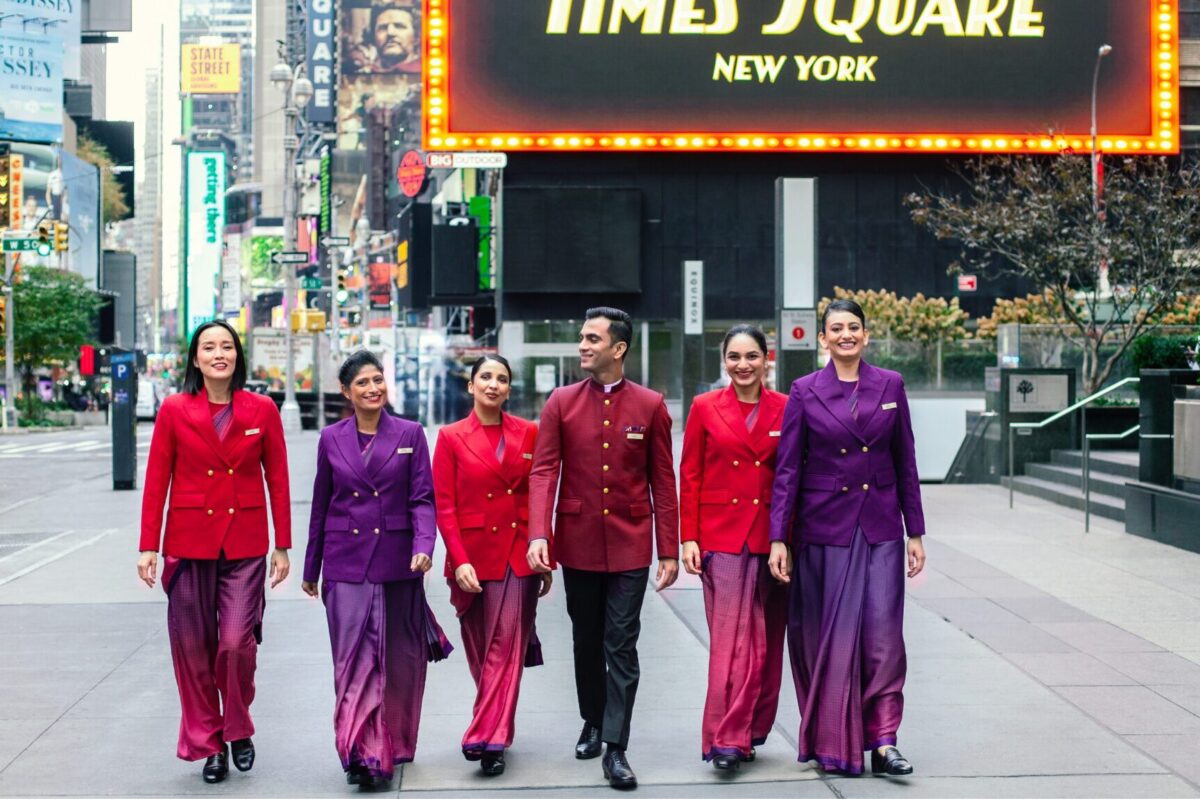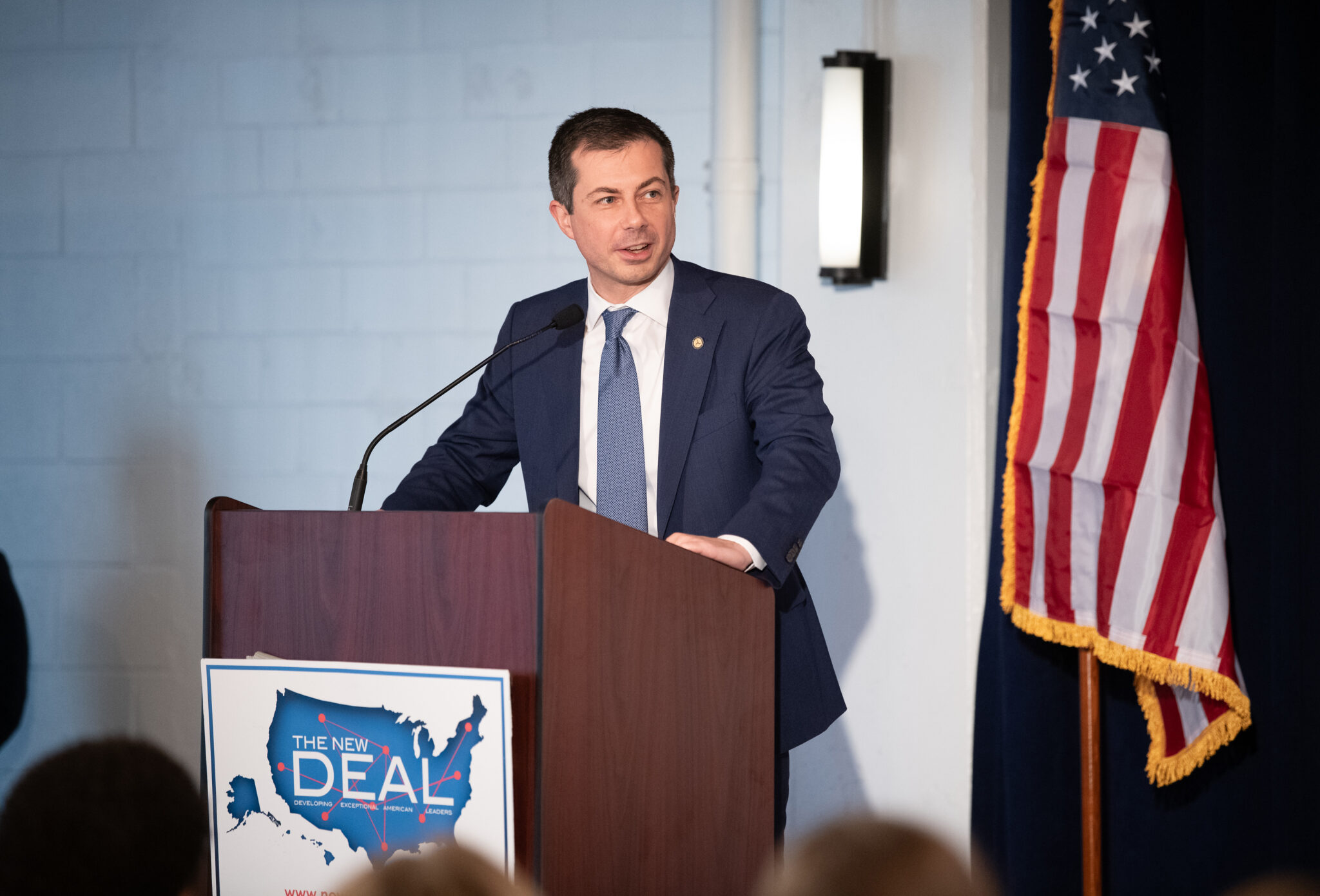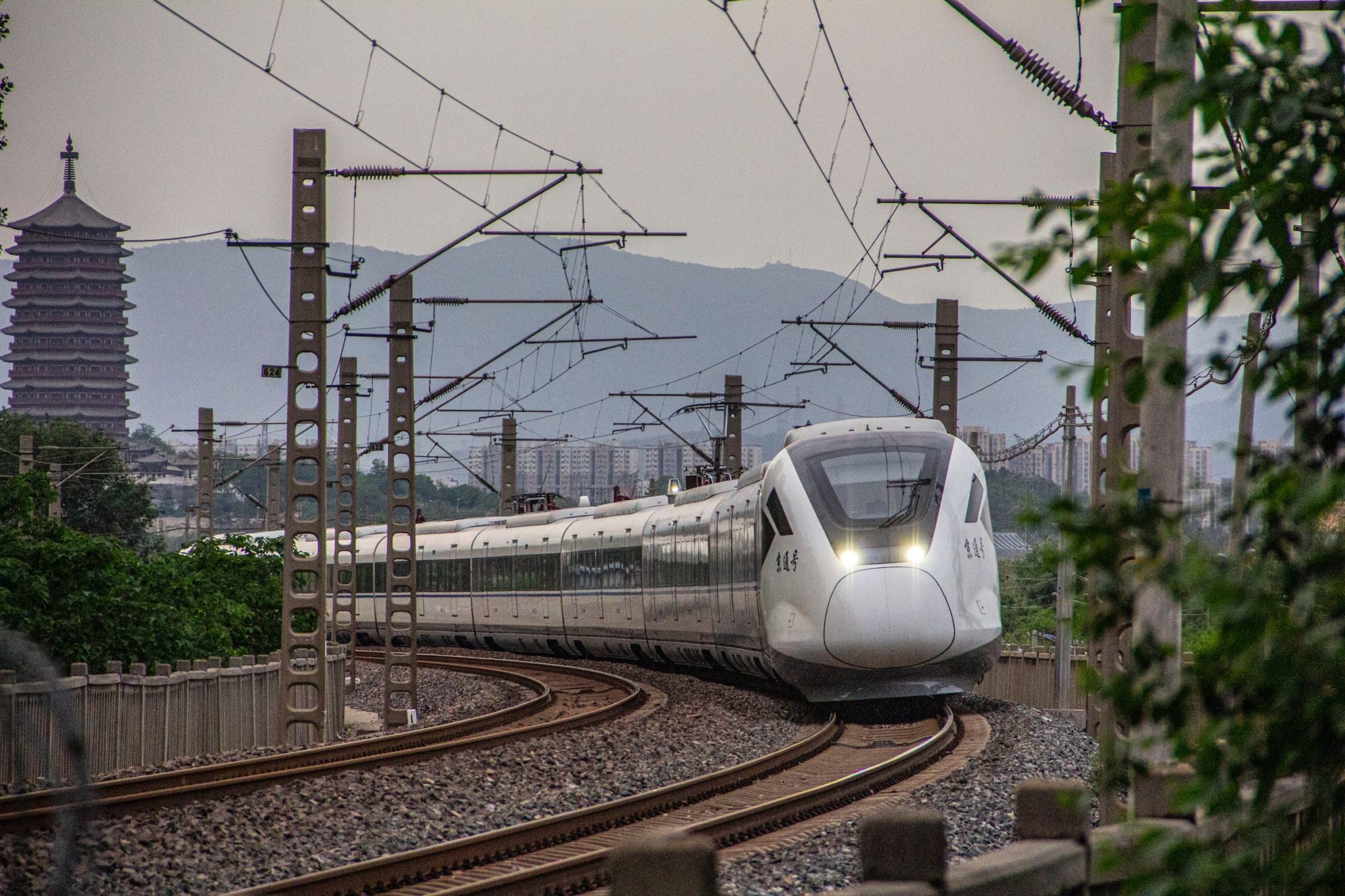The State of Luxury Hotel Marketing Organizations According to Their Top CEOs

Skift Take
In the vast space between independent hotels and global hotel brands sit several hospitality consortia and organizations that provide some of the same marketing and promotional functions as large operators while remaining dedicated to the unique characteristics of their portfolio properties.
While not hotel brands in the purest sense, they bank on their brands to deliver a type of experience that guests can rely on, even if it is an an independent property.
We released our second e-book this month about the Future of the Guest Experience — an unprecedented collection of 28 interviews with the CEOs of virtually all of the world’s top hotel groups including 11 global brands, 13 luxury and lifestyle brands, and four hotel marketing organizations.
By collecting their thoughts on a similar set of topics–from technology and marketing to fees and training–we have tackled the hospitality’s most pressing topics from every angle and gained a glimpse at what the future of hospitality will truly look like.
Below are quotes from the e-book which address how luxury hotel marketing organizations are adapting to a changing competitive landscape and their customers’ expectations.
Ted Teng, Luxury Hotels of the World
We’re the museum that provides the access. We don’t create the guest experiences other chain brands do. We tell the stories of our hotels to consumers. We are a consumer-facing brand, not a B2B organization.
What’s interesting is seeing the mass-market brands migrating towards the individuality of hotels. For a long time they have been very successful and I think a bit of what has made them successful has now become the Achilles heel. Consumers are getting mass brand fatigue.
Paul Kerr, Small Luxury Hotels of the World
Chains are going to find it difficult to get into the market place unless they drop their prices significantly. You have to remember that SLH is a hotel organization so the hotels are happy with the prices that we charge. I don’t think the Autograph Collection and Curio are anywhere able to do what we do.
The reason that chains are getting into it is because of the top-level customer, the one who is prepared to pay a high average rate. That’s what we all want in the hotel business.
Lindsey Ueberroth, Preferred Hotel Group
We’re also spending a lot more time talking about experiences versus destinations or physical hotels. Some people still say, “I want to go to London,” but we’re finding a lot more travelers looking for a family trip, golf vacation or romantic getaway. We’re spending a lot more time serving up experiential marketing that helps them get to the hotels that meet those criteria. It’s been a shift in that perspective.
We consider ourselves a brand, not a chain, but we can provide all the services that the chains do. When you look at the number of hotels, there’s some real muscle behind it. It really does validate the fact that there is lot of demand for travelers who want to stay in these independent hotels which has just been great.
Jean-François Ferret, Relais & Châteaux
Travelers, both on leisure and business, are a little bit fed up of wakening in the morning and not knowing where they are. I’m a big business traveler and I can tell you when I wake up in a big chain hotel, everything is the same. Tokyo is the same as New York, which is the same as Rio, and it’s boring. The trend is really to become more experiential. That’s what the traveler wants for both leisure and business
Get the “The Future of Guest Experience” E-Book Now




